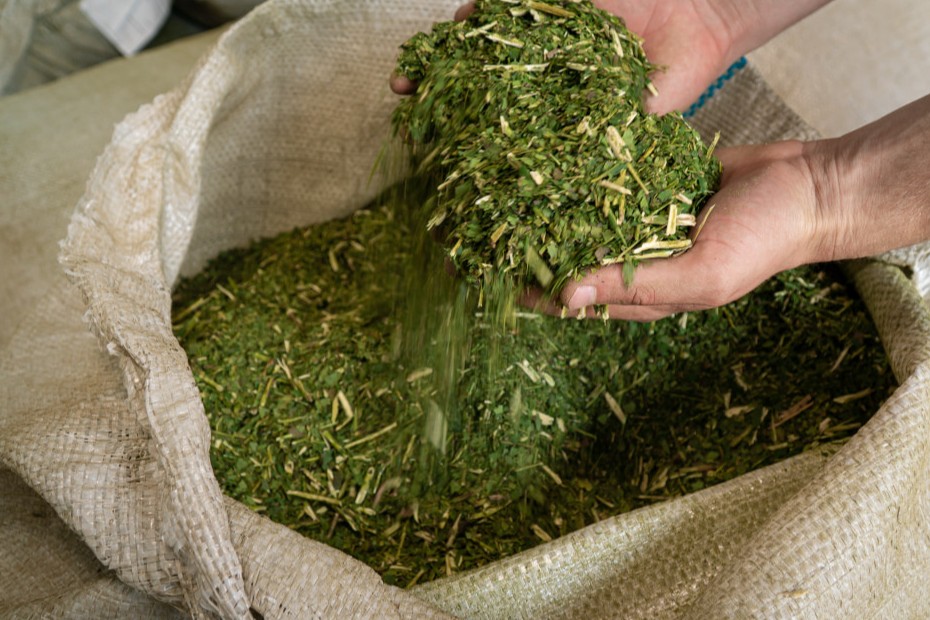Most of the products exported by Brazilian agribusiness in 2023 were industrialized: 77% of the total. The survey was conducted by the National Industry Observatory of the National Confederation of Industry (CNI), which developed the Agroindustrial Chains Panel. The system maps the national scenario of agricultural production and identifies vulnerabilities and opportunities for the market.
The survey also shows that 50.7% of the value of exports made by the agricultural sector in 2023 were industrialized products. For every US$ 100 exported by agribusiness, US$ 50.7 were from the manufacturing industry.
Agribusiness also depends on the industry for production. For every R$ 1 spent on inputs in the agricultural sector’s production chain, R$ 0.83 were provided by the manufacturing industry.
On the other hand, for every R$1 spent on the production of manufactured goods, agriculture contributed R$0.08. In the economy as a whole, for every R$1 purchased in goods and services as production inputs, agriculture contributed R$0.05, the manufacturing industry R$0.43 and the total industry R$0.50.
Imports
In terms of external purchases, fertilizers are the inputs most imported by agribusiness in 2023. Approximately US$14.6 billion were spent on this input. Next come agricultural pesticides (US$4.8 billion); machinery, equipment and accessories (US$2.5 billion) and seeds (US$146.4 million). Approximately US$22.16 billion were spent on importing industrialized goods and inputs for agribusiness, which indicates the sector’s dependence on external industry.
CNI’s policy and industry specialist, Danilo Severian, explains that Brazil is wasting a market worth tens of billions of dollars in imports of manufactured goods aimed at agribusiness, which could largely be produced domestically.
“Industry is at the heart of agribusiness in Brazil and the world and is crucial to its success. If we want to truly lead a green and low-carbon agenda, we need to add more value to agriculture. More industry in agribusiness means more jobs, income, environmental preservation and technology in Brazil and more Brazil in the world,” adds Severian.

